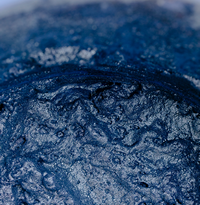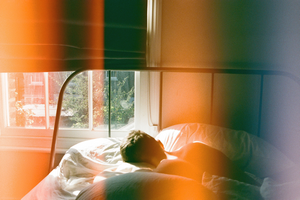Why is Minimalism Bad?
What’s so bad about minimalism? It’s not all about losing weight, it’s not about reducing your daily calories, it’s not about living simply, it isn’t about being frugal, and it isn’t about being rich. In short, minimalism isn’t about having “less” things – it’s about having the right ones with the proper combination of efficiency and aesthetics. Minimalism isn’t an easy concept to follow; it requires deep introspection and a certain amount of self-reflection before you can truly appreciate its many benefits. Here are some tips to save money on frugal living and minimalism:
* Cost effectiveness. A lot of people who are starting a minimal lifestyle or trying to make changes in their lifestyle due to financial reasons generally look for tips to save money, especially on the kind of basics such as clothing, food, and shelter. While it’s definitely true that frugal living can require a budget, this doesn’t mean you have to be cheap! In fact, the key to saving money on frugal living is to know how much you need, when you need it, where you need it, and how to make your basic purchases cost-efficiently.
While the motives behind frugality are very personal, for most people the frugal lifestyle comes with its own set of personal perks. One of these perks is the fact that the frugal person usually saves more money than the minimalist person. Of course, there are exceptions, but these are the general benefits of a minimal lifestyle:
* Minimalism gets rid of waste. While it is impossible to eliminate all waste completely, the frugal person tries to get rid of as much excess as possible. This includes throwing away excess food in a trashcan, washing clothes in hot water, and so on. While it is difficult to do away with excess, minimalists try to make it as easy as possible to do so.
* It improves skin health. Most of us spend a lot of time getting ready in the morning, whether it’s for work or socializing. When we get dressed, our skin can become tired from the scrubbing we’ve done and the heavy makeup we put on just hours before we go out the door. Minimalists believe in simple living, which means they don’t spend as much time on makeup. Washing our face in plain water is much better for our skin than any of the fancy soaps, creams, and gels we have in our cabinets today.
* Minimalism helps you focus on the here and now. If you are a minimalist, you tend to live in the moment and notice things more because you’re not wasting energy worrying about tomorrow. You live in the moment and are able to see more clearly that is why you can see that eliminating unnecessary clutter is good for your mental health.
* It gives you less stress. Stress comes from the unwanted but seemingly unavoidable hold that many things have over your mind. A minimalist might be able to eliminate many of those things from their life simply by making a conscious decision not to hold onto them. Stress is often caused by the desire to possess things that one cannot afford or simply wants too badly. Since minimalists never hold onto anything, they find happiness in simple living.
These are just a few reasons why a person interested in living a minimalist lifestyle might not enjoy it so much. For most, minimalism is simply a lifestyle choice. It changes depending on what the person needs to support themselves and their family at that time. Some people choose a more traditional lifestyle and choose to focus on being a truly multi-faceted human being who is outwardly focused while still being spiritually aware. Others have a more “do-it-yourself” mindset and look to a more flexible approach to living.



